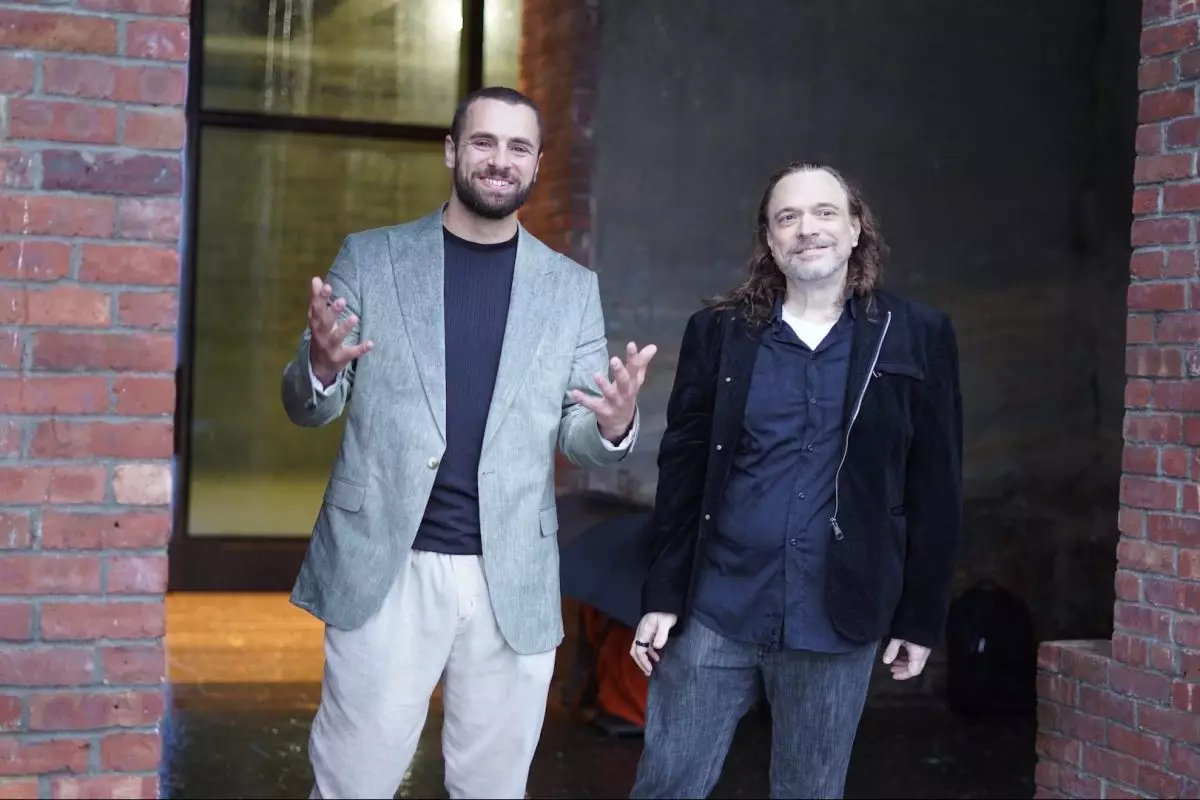In an era where artificial intelligence is becoming central to various industries, the need for a cohesive infrastructure is more pronounced than ever. Enter Cake, a promising startup emerging from the shadows with substantial backing from Google’s AI-centric venture fund. This New York-based company aims to streamline the complexities of open-source AI tools into a manageable, production-ready platform, thereby alleviating the engineering burdens faced by businesses.
Cake’s unique offering lies in its ability to integrate over a hundred diverse components crucial for AI operations. From data source adapters like Apache Hadoop to data labeling tools such as Label Studio, and advanced database solutions like Milvus and Neo4j, Cake presents a comprehensive suite that caters to a myriad of enterprise needs. The company’s choice of name reflects this process of unifying multiple “layers” of AI infrastructure into a single, palatable solution. Founded by Misha Herscu and Skyler Thomas in 2022, Cake is already making waves by collaborating with innovative clients like Altis Labs and Ping, marking a promising trajectory for its growth.
The founders of Cake bring a wealth of experience to the table. Misha Herscu, the CEO, previously established McCoy Medical Technologies, which specialized in machine learning infrastructure for the healthcare sector, demonstrating his proficiency in tackling complex AI challenges. Following the sale of his company, he ventured into venture capital, gaining invaluable insights from data science professionals about the operational hurdles they face. His extensive research formed the basis for Cake, as he discovered that businesses were overwhelmed by the plethora of open-source components available, struggling to integrate them effectively into a cohesive system.
Skyler Thomas, the CTO, complements Herscu’s vision with a rich background at IBM and Hewlett Packard Enterprise, where he honed his skills across countless projects. Thomas emphasizes a common frustration in the industry: while enterprises recognize the potential of cutting-edge research tools, the gap between these innovations and their enterprise readiness is substantial. Cake aims to bridge this divide, helping businesses adopt advanced AI solutions without the steep learning curve typically associated with assembly and deployment.
The applicability of Cake’s services spans diverse industries, addressing varied needs—from financial institutions analyzing massive datasets to healthcare providers seeking secure systems for handling sensitive medical imagery. As enterprises look to harness AI for improved services, Cake positions itself as the go-to solution for organizations aiming to move beyond basic, off-the-shelf products.
For example, a financial institution might seek to implement a sophisticated retrieval-augmented generation system to better query complex documents. Instead of undertaking the daunting task of individually sourcing and integrating multiple components, the enterprise can turn to Cake for a bundled solution that accelerates deployment and ensures compliance with regulatory standards. Similarly, e-commerce and healthcare sectors can leverage Cake to enhance user experiences and operational efficiencies respectively.
As Cake establishes itself in the AI infrastructure market, comparisons to more established companies become inevitable. Notably, Finnish company Aiven has garnered significant attention for its focus on data infrastructure, while Red Hat set a precedent in the open-source arena by offering enterprise-grade support for Linux. Thomas likens Cake’s mission to that of Red Hat’s in its early days: making open-source technology safe and reliable for enterprise use. By doing so, Cake could follow a similar path towards becoming a cornerstone in enterprise AI.
With a $13 million fundraising feat under its belt, including a recent $10 million seed round led by Gradient Ventures, Cake is poised for rapid development. The firm is already eying its next financing round expected by mid-2025, suggesting a commitment to scaling operations and enhancing services further. Despite currently requiring clients to manage their deployments internally, there are plans to offer a cloud-based version in the future, catering to organizations with fewer data privacy constraints.
As enterprises continue to delve deeper into AI, the integration and management of open-source tools will become increasingly critical. Cake’s initiative to simplify this process could very well position it as a leader in the industry, carving out a niche as the bridge between innovative AI research and practical enterprise applications. With a keen understanding of market demands and a strong foundational team, Cake is set to change the landscape of AI infrastructure for businesses.

